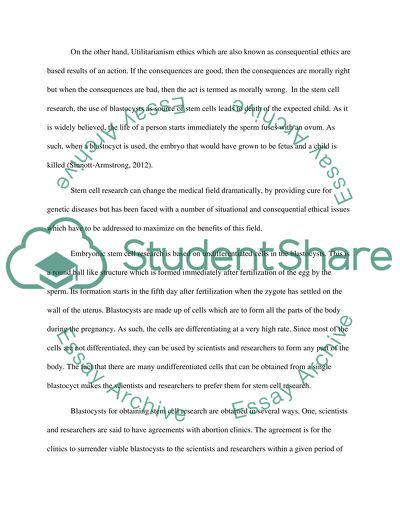Cite this document
(“Is genetic engineering ethical right Essay Example | Topics and Well Written Essays - 2000 words”, n.d.)
Retrieved from https://studentshare.org/english/1497171-is-genetic-engineering-ethical-right
Retrieved from https://studentshare.org/english/1497171-is-genetic-engineering-ethical-right
(Is Genetic Engineering Ethical Right Essay Example | Topics and Well Written Essays - 2000 Words)
https://studentshare.org/english/1497171-is-genetic-engineering-ethical-right.
https://studentshare.org/english/1497171-is-genetic-engineering-ethical-right.
“Is Genetic Engineering Ethical Right Essay Example | Topics and Well Written Essays - 2000 Words”, n.d. https://studentshare.org/english/1497171-is-genetic-engineering-ethical-right.


